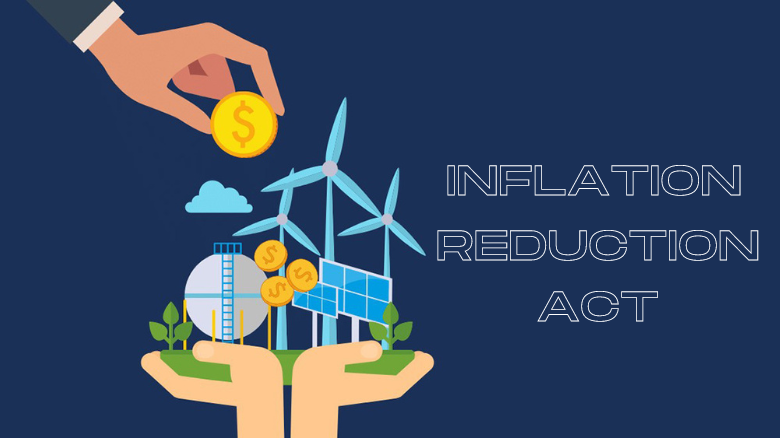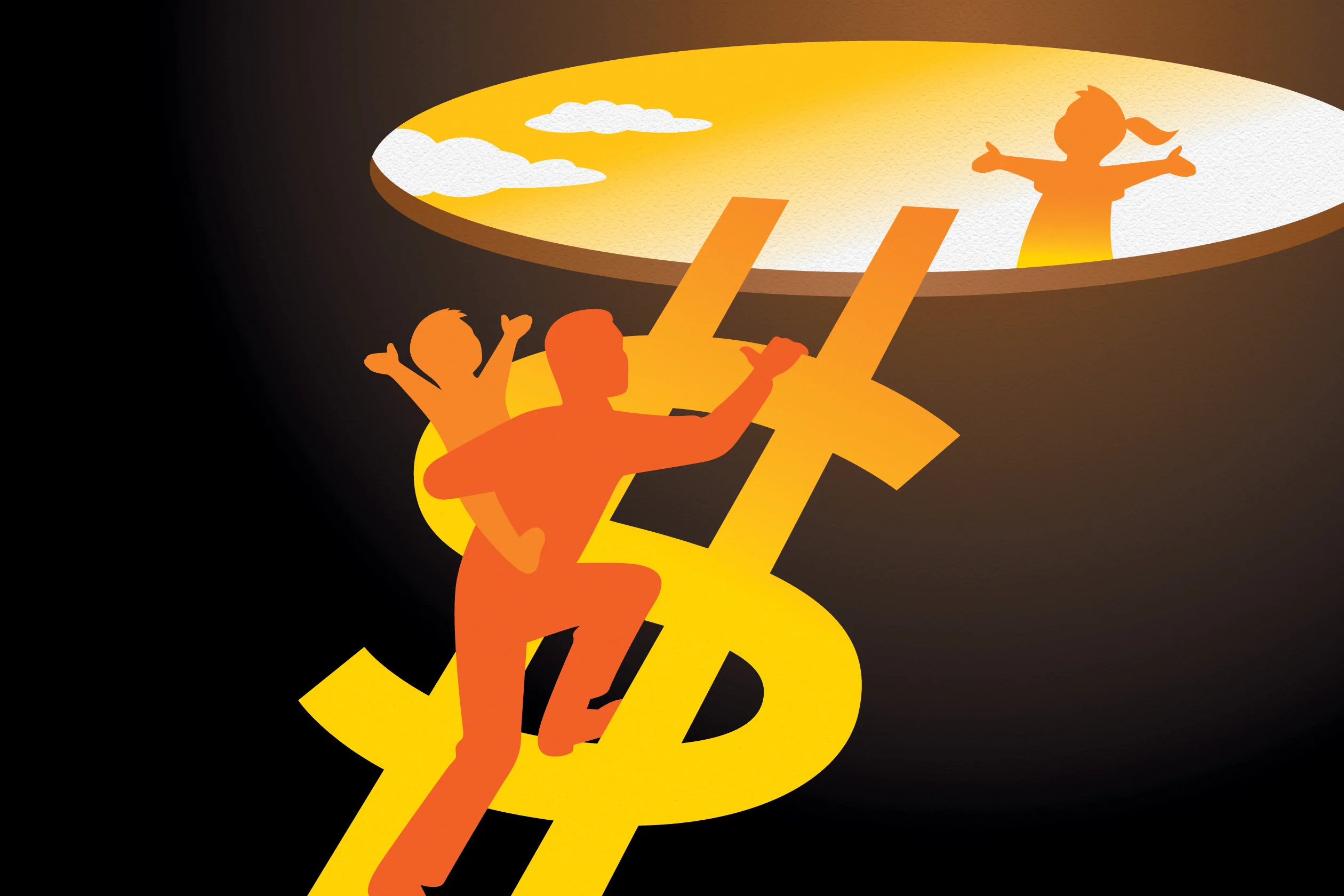Universal basic income (UBI) is gaining attention as cities and countries test it to reduce poverty and support people with unconditional cash payments, though critics worry about its cost and impact on work motivation.
Exploring Universal Basic Income: How Cash Payments Aim to Reduce Poverty and Support Basic Needs
According to Business Insider, Universal basic income (UBI) is becoming more popular as cities and countries test it out to fight poverty. UBI gives people regular cash payments without any conditions on how they spend it. Cities like Los Angeles and Chicago, and countries like Kenya and Finland, have tried this approach. Many people find that this money helps them cover basic needs and improve their lives, though some people worry it could be too expensive and might make people less motivated to work.
The idea of UBI has been around for a long time, with famous supporters like Martin Luther King Jr. and modern tech leaders. Studies from pilot programs show that people often use UBI payments for important things like food, rent, and healthcare. These programs are usually short-term and funded by various sources, including charitable donations and existing government funds. They are designed to help people live better lives and reduce stress from financial problems.
READ ALSO: $185 Million Boost: Nebraska’s Property Tax Relief Plan Gets Final Debate – Capping Tax Increases at Inflation Rate

15% of the Global Population: Is Universal Basic Income the Key to Eradicating Poverty? (PHOTO: Development Aid)
Debating Universal Basic Income: Concerns Over Costs and Work Incentives vs. Potential Benefits
Critics of basic income worry about its high cost and how it might affect work incentives. They fear it could lead to higher taxes or cuts to other services. Some also see it as an unfair or expensive way to address poverty. Despite these concerns, supporters believe Universal Basic Income could be a valuable solution to poverty and economic challenges, such as job losses due to new technology. The debate continues as more pilot programs provide data on how well UBI works.
READ ALSO: $8 Billion in Climate-Related Tax Credits: How the Inflation Reduction Act is Spurring a Green Revolution in the US
















































